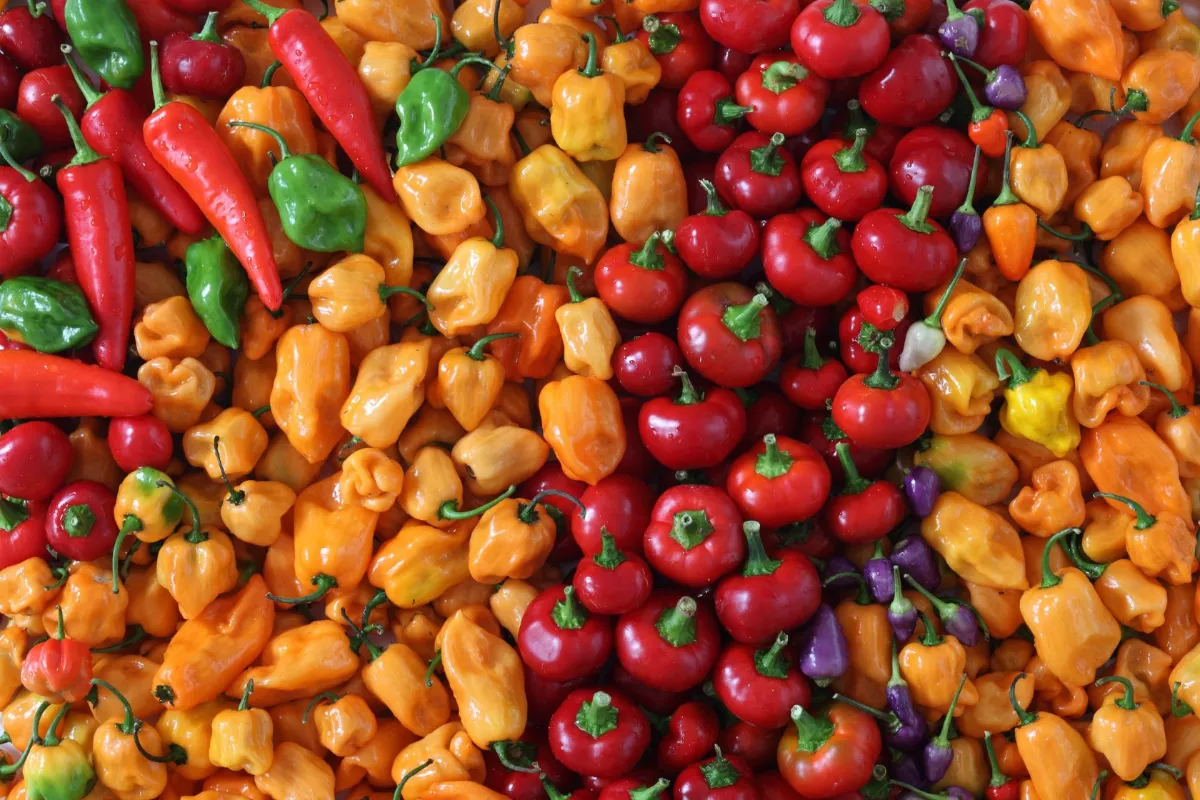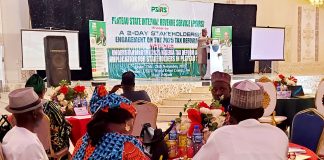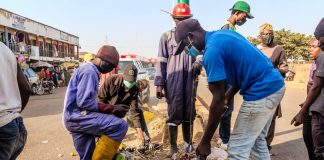Plateau State is experiencing a significant rise in pepper prices, leaving consumers and traders grappling with the escalating costs. The increase in prices is primarily attributed to a combination of persistent security challenges and bad weather conditions, severely impacting farming activities in the state.
In Bassa Local Government Area (LGA) and other parts of Plateau North, recurrent attacks have disrupted agricultural operations, leading to a marked reduction in pepper production. Farmers in these areas face heightened risks, discouraging many from cultivating the crop.
The impact of insecurity is compounded by erratic weather patterns. Unseasonal rains and prolonged dry spells have further strained pepper yields. According to agricultural experts, these climatic fluctuations are reducing the overall productivity of pepper farms, making it difficult for farmers to meet market demand.
“Farmers are reluctant to invest in pepper cultivation due to the threats posed by both insecurity and climate change,” said Dr. Matthew Yakubu, an agricultural analyst based in Jos. “This has resulted in a notable decrease in the supply of pepper, pushing prices to unprecedented levels.”
At local markets across the state, the scarcity of pepper has driven prices up by over 50% in recent months. Traders lament the high costs, which are affecting their businesses and putting a strain on consumers’ budgets.
“The cost of pepper has more than doubled in the past few weeks,” said Maryam Audu, a vendor at the Jos Main Market. “Many customers are cutting down on their purchases or seeking cheaper alternatives.”
The state’s agricultural community also highlights other contributing factors to the scarcity. These include pest and disease outbreaks, inadequate farming techniques, and the rising cost of agricultural inputs like fertilizers and seeds. Furthermore, logistical challenges in transporting pepper from farms to markets exacerbate the situation, creating bottlenecks in the supply chain.
In response to the crisis, the Plateau State government is urged to implement measures to enhance security for farmers, improve agricultural practices, and stabilize the supply chain. Efforts to provide better market access and support for farmers could also help alleviate the pressure on pepper prices.
“Addressing these issues requires a comprehensive approach that involves improving security, investing in climate-resilient farming practices, and ensuring farmers have the necessary support to increase production,” Dr. Yakubu emphasized.
As the state navigates this challenging period, stakeholders are calling for swift action to stabilize the pepper market and ensure food security for its residents.




